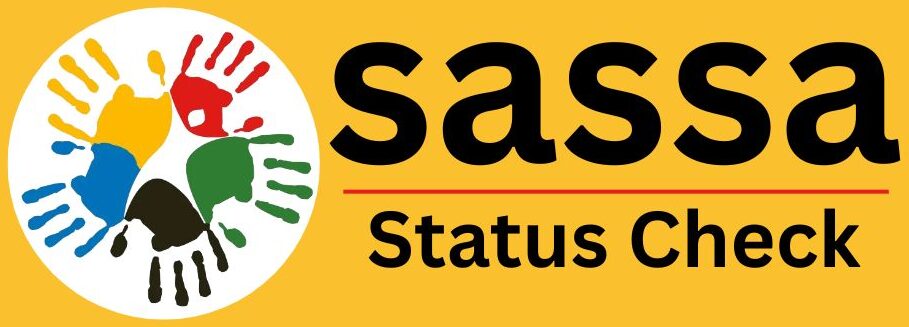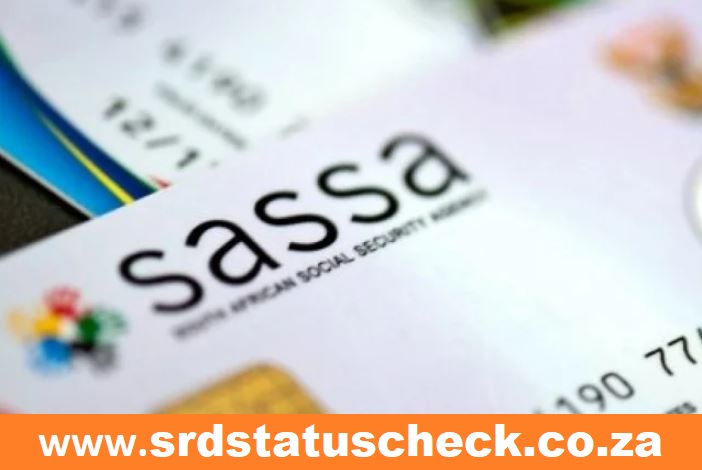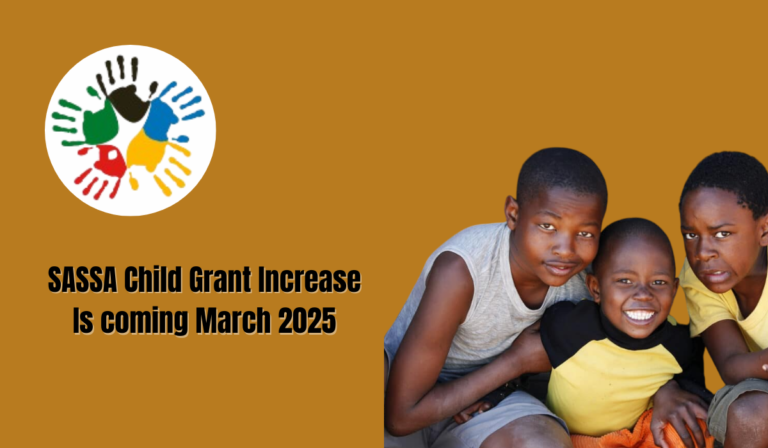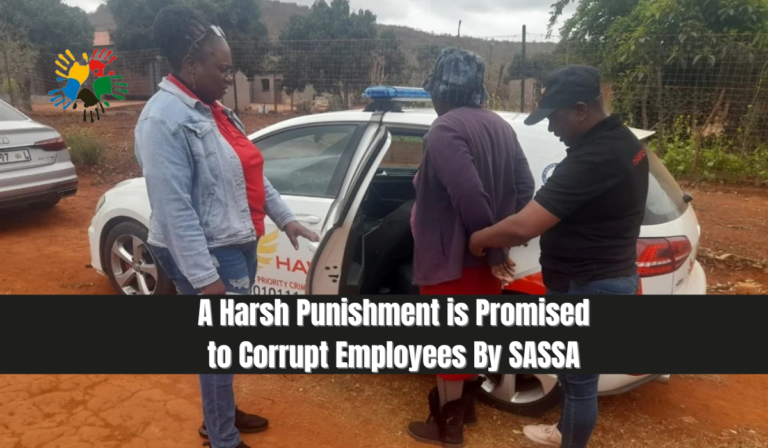SASSA Reveals Why It Paid 75000 Dead People Grants
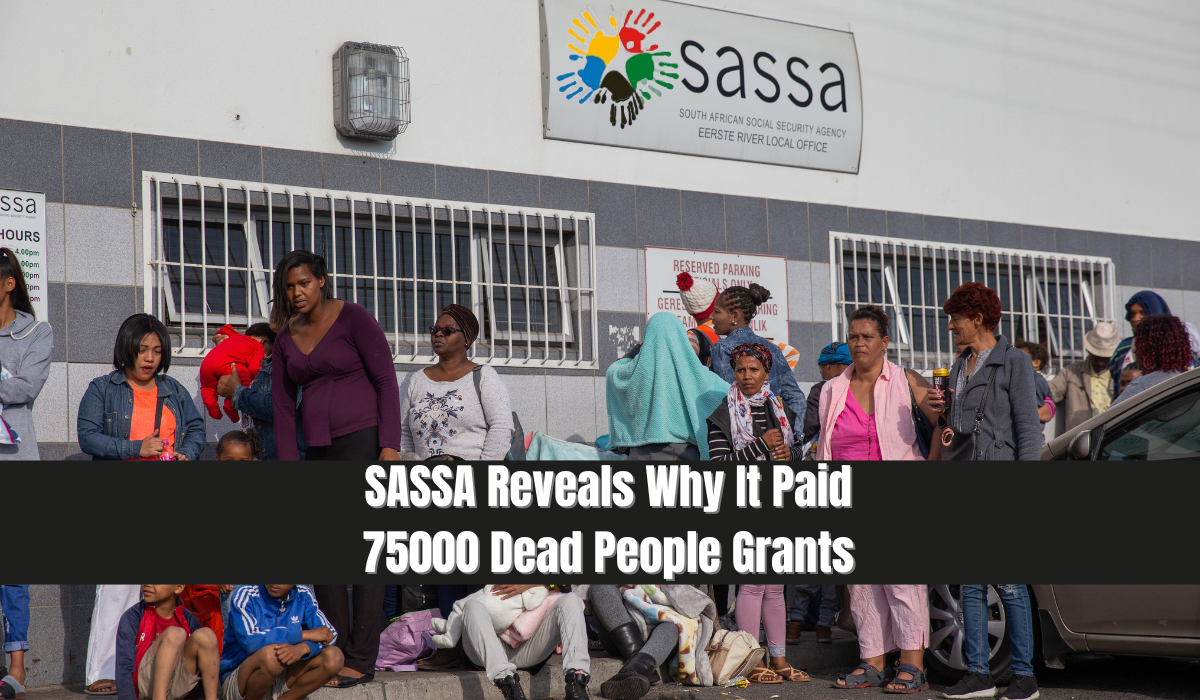
SASSA Reveals Why It Paid 75000 Dead People Grants. The South African Social Security Agency (SASSA) has come under scrutiny after it was revealed that approximately 75,000 deceased beneficiaries received grant payments amounting to R140 million in the 2023/24 financial year. This revelation has raised concerns about financial mismanagement, system inefficiencies, and fraudulent activities.
In response, SASSA has attributed the issue to delays in death registrations, payment cycle timing, and system limitations. Furthermore, the agency is working on new measures to enhance financial oversight, improve its database synchronization, and prevent irregular payments in the future.
How SASSA Paid Grants to Dead Beneficiaries
SASSA’s payment system operates on a monthly processing cycle. At the end of each month, the agency prepares a payment file for the next month. However, between the file generation date and the actual payment date, some beneficiaries pass away, leading to unintended grant disbursements.
This issue is further complicated by the delayed reporting of deaths to the Department of Home Affairs. SASSA relies on official death registrations, but not all deaths are immediately recorded, causing certain deceased beneficiaries to remain active in the system.
Reasons Behind the Irregular Payments
- Timing of Payment Processing
- Payment files are generated at the end of each month.
- Beneficiaries who pass away between file generation and payment processing still receive grants.
- Delayed Death Registrations
- The Department of Home Affairs’ death registration process is not always immediate.
- Some families fail to report deaths promptly, causing delays in deactivating deceased beneficiaries.
- System Limitations
- SASSA’s Beneficiary Records Management (BRM) system and Social Grant Payment System (SOCPEN) are not fully synchronized.
- This leads to discrepancies in recorded data, allowing some payments to be processed incorrectly.
SASSA Plan to Address the Issue
To rectify the issue, SASSA is working on a new system that will enable bulk recalls of payments made to deceased beneficiaries. The system, set to be tested in April 2024, will integrate with the Department of Home Affairs database, ensuring that all recorded deaths are promptly reflected in the SASSA system.
Features of the New System
| Feature | Impact |
|---|---|
| Real-time synchronization with Home Affairs | Ensures immediate updates on deceased beneficiaries. |
| Automated bulk recall of incorrect payments | Reduces financial losses and prevents fraudulent withdrawals. |
| Enhanced verification measures | Strengthens authentication processes before grant disbursement. |
According to SASSA Chief Financial Officer Tsakeriwa Chauke, the new system aims to reduce errors and curb financial losses caused by outdated records.
Fraud Investigations and Suspended Payments
The revelation of irregular payments to deceased beneficiaries has led to broader investigations into potential fraudulent activities within SASSA. Authorities, including The Hawks, are probing 486 cases of suspicious disability and old-age grant payments made at the Cradock Local Office between 2018 and 2023.
Actions Taken Against Fraudulent Payments
- Suspension of questionable grant payments to 486 beneficiaries.
- The Hawks investigating potential involvement of SASSA officials in fraudulent claims.
- Internal audits to identify loopholes and prevent future fraudulent activities.
Chauke stated,
“Based on the preliminary assessment, we’ll determine whether disciplinary processes are needed against SASSA officials and conduct a full criminal investigation.”
Decline in Irregular Expenditure
One positive outcome from SASSA’s recent audits is the significant reduction in irregular expenditure. The agency has successfully lowered irregular spending from R1.8 billion in 2018/19 to R1.1 million in 2024/25.
Comparison of Irregular Expenditure Over the Years
| Financial Year | Irregular Expenditure |
|---|---|
| 2018/19 | R1.8 billion |
| 2023/24 | R34.2 million |
| 2024/25 | R1.1 million |
This decrease has been attributed to improved oversight, strengthened internal controls, and better training in supply chain management.
The R1.1 Million Irregular Expenditure in 2024/25
| Province | Amount | Reason |
|---|---|---|
| Western Cape | R1 million | Unapproved cleaning services |
| Eastern Cape | R77,000 | Unapproved variation order |
| Northern Cape | R49,000 | Payment to a doctor with an expired contract |
Audit Findings and Material Irregularities
The Auditor-General report for 2023/24 flagged five major cases of material irregularities in SASSA’s financial records. Some of these irregularities date back to 2018, yet they are only being addressed now.
Cases of Financial Irregularities
- R74 million paid to Cash Paymaster Services (CPS) in 2018 for services not rendered.
- R316 million overpaid to CPS, which the High Court in Pretoria ruled must be refunded to SASSA.
- R150 million paid in R350 SRD grants to ineligible applicants.
- R7.8 million awarded for photocopy machines in the Eastern Cape.
- R1.7 million in fraudulent social grant payments made by SASSA officials.
Current Status of These Irregularities
| Issue | Status |
|---|---|
| CPS R74 million payment | Under legal review |
| CPS R316 million overpayment | Pending refund process |
| R350 SRD overpayments | Under investigation |
| Photocopy machine contract | Resolved |
| Fraudulent social grant payments | Under legal action |
Chauke assured that most of these cases have been resolved, and the 2024/25 audit report will not reflect them.
Challenges in Record-Keeping and Database Synchronization
One of the major weaknesses identified by the Auditor-General is SASSA’s ineffective record-keeping system. The agency maintains two primary databases:
- Beneficiary Records Management (BRM) System
- Social Grant Payment System (SOCPEN)
Since these databases are not fully synchronized, some grant recipients were found missing from official records.
Steps Taken to Improve Record-Keeping
- Conducting a population analysis to match SOCPEN records with BRM records.
- Phasing out manual registers at SASSA offices to avoid missing data.
- Enhancing digital record-keeping systems to ensure that all grant applicants are properly documented.
Political Reactions and Parliamentary Concerns
The audit findings and irregular payments have sparked strong reactions from Members of Parliament (MPs).
MPs Statements on SASSA Irregularities
- Bridget Masango (DA) stressed the need for stronger internal audits to prevent repeated financial mismanagement.
- Stanley Ramila (ANC) warned against officials resigning to escape disciplinary action, suggesting that pension payouts be withheld for corrupt individuals.
- Paulnita Marais (EFF) criticized the slow pace of fraud investigations, stating that some cases have been pending since 2018.
Chauke responded by assuring Parliament that significant progress is being made to enhance financial controls and audit outcomes.
Conclusion
The revelation that SASSA paid R140 million in grants to deceased beneficiaries highlights critical weaknesses in the agency payment system and database management. However, SASSA is actively working on implementing a new system, conducting internal audits, and taking legal action against fraudulent activities.
